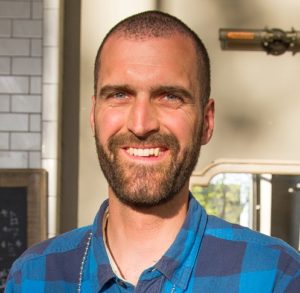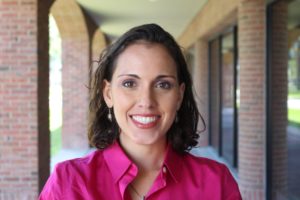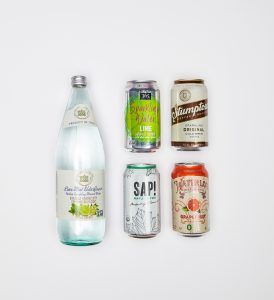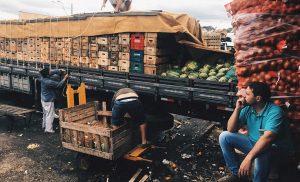Chris Howell ’17 is currently working as a finance and investment consultant. He was interviewed by Isabel Russell, an undergraduate at UVM.
What have you been up to since graduation?
I’m currently working with mission-driven businesses who are raising investment money to fund expansion: structuring a Series A for a SaaS business, working with a farm to purchase additional land, and advising an equity crowdfunding platform.

Why did you choose to attend this MBA program?
I chose the UVM MBA program to deepen my Vermont network and broaden my business skill set.
What was your favorite part about the experience?
My favorite part of the experience was the people. The academic experience was top notch—thanks to the professors, staff, and classmates who worked hard to create a supportive and engaging learning environment.
How are you applying the tools/skills you learned in the program, post-MBA?
Working on diverse consulting projects after the program has allowed me to use the broad range of tools we learned—from organizational design to finance and venture capital.
What would you tell someone who is considering the Sustainable Innovation MBA?
Dive in. The program was an exceptionally challenging and immensely rewarding learning experience.



 Sap! was launched by Chas, his cousin Nikita, and his father Charlie, and took flight while Chas was working toward his MBA here at UVM. Their company is fueled by their passion for the maple and birch industry, their dedication to Vermont and the working landscape, and their excitement to build a company that embodies these values.
Sap! was launched by Chas, his cousin Nikita, and his father Charlie, and took flight while Chas was working toward his MBA here at UVM. Their company is fueled by their passion for the maple and birch industry, their dedication to Vermont and the working landscape, and their excitement to build a company that embodies these values. This article was written by
This article was written by 
 Originally from Hinesburg, Vermont, Caitlin left to pursue an undergraduate degree at Dickinson College in Pennsylvania and later moved to Boston where she worked at Bain & Company, a top global management consulting company. At Bain & Company, Caitlin worked on analysis and employee engagement as part of the firm’s global human capital team to attract, engage and retain employees. Her success at Bain & Company enabled her to live in Shanghai for several years.
Originally from Hinesburg, Vermont, Caitlin left to pursue an undergraduate degree at Dickinson College in Pennsylvania and later moved to Boston where she worked at Bain & Company, a top global management consulting company. At Bain & Company, Caitlin worked on analysis and employee engagement as part of the firm’s global human capital team to attract, engage and retain employees. Her success at Bain & Company enabled her to live in Shanghai for several years. The Vermont Commodity Program operates Vermont’s first surplus-crop food hub through a workforce development program. The food hub cleans, quality assesses, processes, and packs surplus crops.
The Vermont Commodity Program operates Vermont’s first surplus-crop food hub through a workforce development program. The food hub cleans, quality assesses, processes, and packs surplus crops. Tonight, I called my dad and patiently waited for him to ask me what new things I learned today. To his surprise, I started talking about the Alumni Career Panel, which brought together current SEMBA-ites and alumni from cohorts 1 and 2. The goal of the event was for the alumni to provide honest, practical feedback around finding a job and landing the right job.
Tonight, I called my dad and patiently waited for him to ask me what new things I learned today. To his surprise, I started talking about the Alumni Career Panel, which brought together current SEMBA-ites and alumni from cohorts 1 and 2. The goal of the event was for the alumni to provide honest, practical feedback around finding a job and landing the right job.

